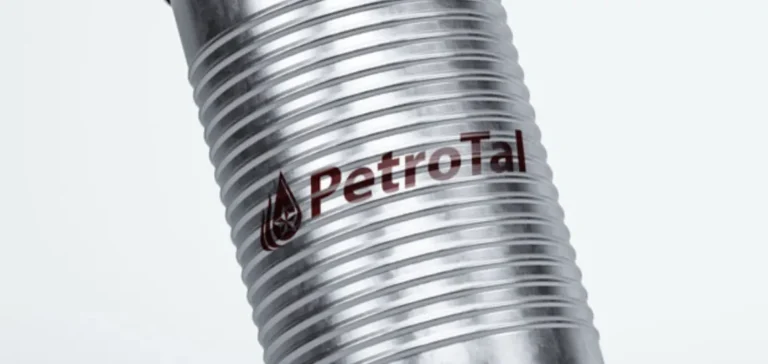Canadian company PetroTal announced it has shut in four of its wells at the Bretana oil field due to leaks identified in production tubing. This decision, linked to technical issues observed since mid-August, is temporarily affecting production, though the company is maintaining its 2025 targets.
Reduced output since early September
The group’s average output reached 18,805 barrels of oil per day (bopd) during the third quarter of 2025, with around 18,325 bopd coming from Bretana. However, between September 1 and 15, production dropped to 16,750 bopd, marking a decline from the peak of more than 21,000 bopd achieved in July after an initial maintenance phase.
This reduction is the result of decreased efficiency in artificial lift systems, following leaks detected in the tubing of six wells, four of which have been shut in. The leaks were identified during an internal investigation launched after pump failures between December 2024 and February 2025.
Service rig mobilisation in October
PetroTal expects to complete its maintenance campaign at Block 131 by the end of September. A service rig will then be transported by river barge to Bretana to replace the damaged tubing. These workover operations are scheduled to start by late October, with a gradual return of production expected from mid-November.
To date, the impact of these temporary shutdowns is estimated at less than 1,000 bopd on the annual average, which remains in line with production guidance of 20,000 to 21,000 bopd for 2025. PetroTal has already produced about 5.47mn barrels so far this year, equivalent to an average of 21,135 bopd.
Guidance maintained despite logistical delays
The company, whose assets are located in remote areas, highlighted the logistical constraints involved in mobilising equipment. PetroTal plans to provide a full update on its well intervention programme in its next quarterly operations report in early October, as well as in its third-quarter 2025 financial results expected in mid-November.






















